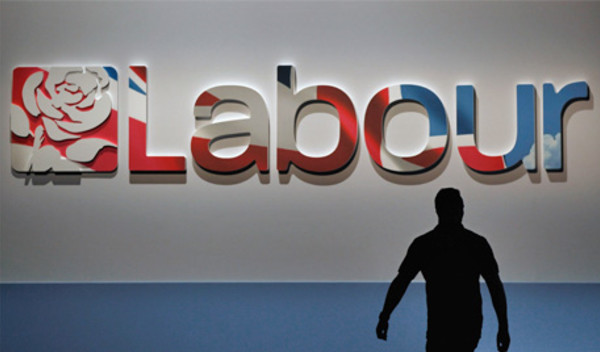

Further intervention in the at-retirement market would follow a Labour government being elected in May’s general election, as party leader Ed Miliband will pledge later today to cap charges on new products launched that allow savers access to their savings from April.
According to a report in FTAdviser sister paper the Financial Times, Mr Miliband is expected to express concern that the new freedoms, which Labour has consistently criticised as rushed and lacking consumer protections, could lead to retirees being ripped off by excessive charges.
He will say: “We will act to protect savings by capping rip-off fees and charges on new pension products. People who draw money out of their hard-earned pension pot should have similar protections to when they put money in.”
The party first raised the issue in November last year, when following a report by Professor David Blake of Cass Business School, shadow pensions minister Greg McClymont urged the government to include drawdown alongside its intervention to limit charges in the occupational pensions market.
Mr Miliband’s comments also come on the day self-styled consumer champion Which? launched its own campaign to cap income drawdown products sold to customers by their existing provider in light of the April reforms.
Which? said an investigation had found a wide range of charges for drawdown being offered through existing providers to mainstream consumers, including one charging 2.76 per cent.
It added for a typical pension pot of £36,000 drawing down £2,000 a year, a cap of 0.5 per cent would save around £10,300 compared to a product charging at 2.75 per cent. A 0.75 per cent cap would save around £8,800 and a 1 per cent cap around £7,500.
The organisation is also calling for the government to launch a state-backed provider to ensure everyone can access a “good value, low cost drawdown product”.
FTAdviser conducted its own investigation focused on newer products which found a wide range of charging options for both flexi-access drawdown and irregular lump sums, with drawdown often being charged at flat fixed rates but coming on top of percentage product fees.
The most expensive firms were, unsurprisingly, bespoke self-invested firms, with Hornbuckle’s full Sipp for example charging an annual administration fee of £525 and drawdown fees on top of this of £175 a year plus £50 per payment.
Sipp charges tend to be fixed fees, which will work out cheaper for those with larger pots. A spokesperson for Hornbuckle said: “Hornbuckle’s drawdown charges are amongst the lowest around, and for the average size of their plans amount to less than 0.1 per cent.”
There were no charges that came close to those outlined by Which?, which implies higher fees on so-called legacy schemes typically run by life companies. These have also come in for criticism as they are unlikely to offer the full range of freedoms and could charge savers to exit.
Some firms are also reviewing their charges in light of the new pension freedoms. Standard Life, for example, became the latest firm to remove its drawdown fees on its wrap this week, following in the footsteps of Axa Wealth, Old Mutual, Alliance Trust and Hargreaves Lansdown.
Which? executive director Richard Lloyd said: “It’s right that the government is giving people the freedom to decide how and when they access their hard-earned pension savings, but deciding how to use these savings in retirement is one of the most complex financial decisions many will have to make and one they cannot afford to get wrong.
“That’s why we want the government to take action to secure better pensions so people have just as much protection when they take money out of their pension as when they put money in.”
Alan Higham, retirement director for Fidelity Worldwide Investment, said: “A charge cap would be complex to implement across the range of retirement products and could stifle innovation at such an early stage of development.
“We’d prefer to see regulators focus on distribution and encourage the uptake of good quality guidance advice to ensure customers interests are put first.”
Tom McPhail, head of pensions research at Hargreaves Lansdown, added: “Which? Has done good campaign work on behalf of consumers, but on this occasion they are wide of the mark.”
“Many pension providers will not offer drawdown facilities and those that do are all in the process of reviewing their charges and terms. This means the analysis, based on old products is already on the way to being out of date.”
ashley.wassall@ft.com



